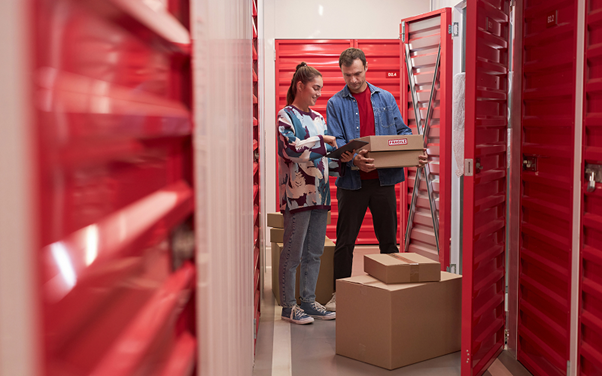Space is a commodity in land-scarce Singapore. While homes are modern and efficient, the limited size of HDB flats, condominiums, and even landed properties means belongings often exceed the capacity of living areas. Rather than discarding items, many households and businesses are turning to storage space in Singapore to preserve possessions, manage transitions, or cope with lifestyle changes. This preference highlights a deeper psychology at play, shaped by cultural, social, and economic influences.
Cultural Attachment to Belongings
One major driver of demand for self-storage is cultural attachment. Items, in Asian families, often carry sentimental or symbolic value. Heirlooms, wedding gifts, and family artefacts are rarely discarded, even when they no longer serve daily purposes. Many households also associate possessions with family history and personal identity, creating an emotional barrier to decluttering. Storage, in such cases, becomes a compromise: belongings are retained without compromising already limited home space.
Fear of Waste and Practicality
Locals are also highly practical. Throwing away a functioning appliance, seasonal clothing, or surplus furniture may feel wasteful, particularly in a city where the cost of replacing items is high. This attitude contributes to a tendency to store rather than discard. Individuals preserve the option of reuse, resale, or passing items to the next generation by renting storage space. The psychology here is not hoarding, but cost-consciousness and the avoidance of premature disposal.
Lifestyle Aspirations and Consumer Trends
The rise of consumer culture has played a role, too. Individuals, as incomes increase, purchase more lifestyle goods, from gym equipment to designer furniture. However, smaller living spaces do not always accommodate these aspirations. Storage facilities bridge this gap. For example, a family may rotate festive decorations, luxury handbags, or sports equipment in and out of their home, treating the storage unit as an extension of their living environment. This behaviour reflects both a desire for convenience and an aspiration for lifestyle variety.
Transitional Needs and Property Cycles
Beyond psychology, practical life transitions add momentum to the storage industry. Households need reliable self-storage in Singapore during property renovations, en bloc redevelopment, or temporary relocations. These short- to medium-term requirements contribute significantly to the sector’s growth. The psychology here stems from the need for stability during uncertain times; people prefer safeguarding their belongings rather than parting with them when moving is inevitable.
Business and E-Commerce Drivers
Small businesses and entrepreneurs also contribute to demand. E-commerce sellers, particularly in the city-state’s fast-growing online retail sector, frequently use storage units as mini-warehouses. This trend reflects a pragmatic mindset: the cost of leasing storage space is often lower and more flexible than traditional commercial rentals. Psychologically, it also reassures business owners that their stock is safe, accessible, and scalable without long-term commitments.
Security and Trust in Storage Facilities
Another factor underpinning rental over disposal is trust in storage providers. Modern facilities are equipped with 24/7 surveillance, climate control, and pest management. This level of assurance exceeds what many can manage at home. Knowing that belongings are safeguarded allows individuals to rationalise their decision to store rather than throw away. It becomes less about indecision and more about responsible asset management.
Conclusion
The growing reliance on self-storage in Singapore is not merely about space constraints. It reflects cultural values, economic pragmatism, lifestyle aspirations, and trust in professional storage solutions. Storage, for many locals, represents an extension of their homes and businesses, enabling them to manage possessions without sacrifice. The psychology of renting rather than discarding is therefore rooted in both sentiment and practicality—a mindset unlikely to change in a city where space will remain limited.
Visit SpaceHub to find the right unit size for your needs and experience how self-storage can make your life simpler.

